If you're looking to buy or sell items online in Pakistan, free classified websites can…
How to Troubleshoot and Fix Common Computer Glitches in No Time
Computer glitching can be a nightmare for any computer user. It can range from a system crash to a software glitch, and it is important to know how to quickly troubleshoot and fix these common computer glitches in no time.
With simple steps, you can easily diagnose the glitching issue and find the right solution to get your machine up and running as fast as possible.
advertisement
Knowing what to do when your computer or laptop starts glitching will help you save time and avoid costly repairs. Computer errors can be incredibly frustrating and time-consuming. When your computer crashes or does window troubleshooting or any type of glitches, it can mean hours of lost work and productivity.
What is Computer Glitching?
Computer glitching is a term used to describe when a computer experiences an unexpected error or system crash caused by software or hardware glitches.
It can lead to data loss, slow system performance, and in some cases, a complete computer shutdown. PC glitches are becoming more common as computers become more complicated and can be caused by anything from viruses to outdated drivers.
Glitches are generally unintentional and have fewer chances related to malicious activities or any stealth virus.
It's important to know how to fix these issues quickly to keep your computer running smoothly. In this article, we're going to go over some specific situations that can occur when you're experiencing a PC glitch.
How Do You Identify PC glitching?
Errors or glitching can take many structures in your PC or any device. Your screen or mouse probably won't work as expected. Your screen may unexpectedly flip around sideways.
Here are some common signs of PC glitching:
- Freezing or Hanging
- Crashing or Restarting
- Slow Performance
- Error Messages
- Visual Artifacts
- Unusual Noises
- Software Malfunctions
advertisement
A program might freeze or unexpectedly shut down. Your whole framework could quit working, requiring a total restart. It often temporarily causes malware during the data transformer.
Top 5 Reasons Why Your Computer Might be Glitching?
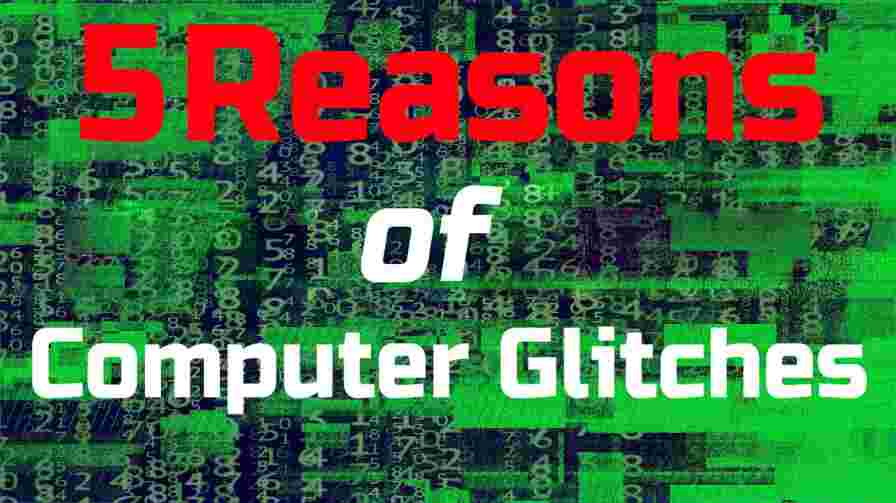
A computer glitch is an unexpected behavior of a computer system or program. It can be caused by a variety of factors, such as software bugs, hardware problems, or conflicts between different programs or systems. Glitches can range from minor issues that can be easily resolved to major problems that can cause significant disruption or data loss.
1. Overheating
Overheating is one of the most common issues that cause computer and laptop screens to glitch. If your device is working at a high temperature for a long period it causes glitching and it is necessary to maintain the normal temperature of your device. When the internal structure of laptops and computers may not run properly and lead to blue screens, freezing, and unexpected shutdowns.
2. Outdated software and drivers
If your computer software and drivers are not up to date it can lead to a compatibility issue and glitches the system. Outdated software can cause a variety of issues on a computer or laptop, including glitches or malfunctions.
This is because older software may not be compatible with newer operating systems or hardware, or may contain bugs or vulnerabilities that have been addressed in newer versions.
advertisement
Additionally, outdated software may not receive important security updates, making it more vulnerable to malware and other malicious attacks.
3. Malware and viruses
Malware and viruses can cause a variety of issues on a computer, including glitches or malfunctions. These malicious software programs can infect a computer and cause it to run slowly, crash, or otherwise malfunction.
They can also steal personal information, delete files, or damage the operating system.
Additionally, malware and viruses can spread to other computers on a network, potentially causing widespread damage.
4. Insufficient storage and memory
Insufficient storage and memory can cause a variety of issues on a computer, including slow performance, glitches, and crashes. When a computer runs low on storage space, it can cause the operating system and other programs to struggle to function properly.
Similarly, when a computer runs low on memory, it can cause the operating system and programs to slow down or crash.
5. Hardware failure
Hardware failure and errors can cause glitchiness. The hardware components that can fail include but are not limited to hard drive, power supply, RAM, CPU, fans, motherboard failure, and graphics card.
These components can fail due to wear and tear, overheating malfunctioning graphics cards, or other factors. When a hardware component fails, it can cause the computer to crash, freeze, or produce errors.
Additionally, it can also cause the computer to not start at all.
Troubleshooting Tips to Solve All Types of Computer Glitches
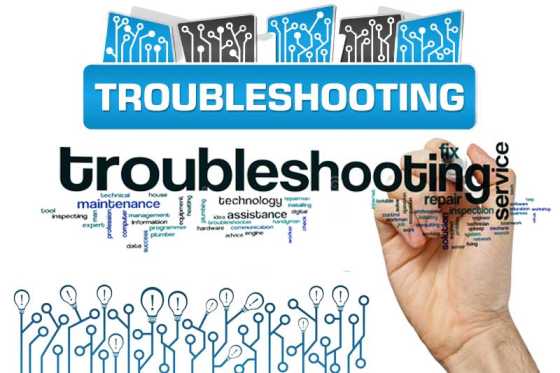
- How to Fix Your Computer Glitch: The most common problem with computers is that they crash. When your computer or laptop crashes, the best solution is usually to restart it.
- However, if your computer does not respond even after multiple restarts or the video won't start up with the desktop picture and sounds after doing so and it's not just an issue with Windows then you should call technical support.
- Certain glitches can also be caused by issues with internet connectivity due to internet generations or specific applications relying on internet services.
- To avoid overheating the laptop it is important to keep the device cool by using a cooling pad. The cooling pad of laptops helps to keep the air vents.
- Keep updated with the software. It is important to regularly update all of the software on your PC and laptop.
- Regularly update your antivirus software, avoid clicking on suspicious links or downloading unknown files, and use the firewall and other security software to protect your computer.
- Close any unnecessary applications or programs running in the background which might consume more memory and storage.
- 7. it is important to regularly clean up unnecessary files and to add more storage or memory to the computer if necessary.
- 8. Regularly check the temperature of the computer, keep it in a clean and dust-free environment, and keep the computer updated with the latest drivers and BIOS.
- 9. If hardware failure is suspected and you don't understand it, it is best to consult a professional or the manufacturer for troubleshooting and repair.
advertisement
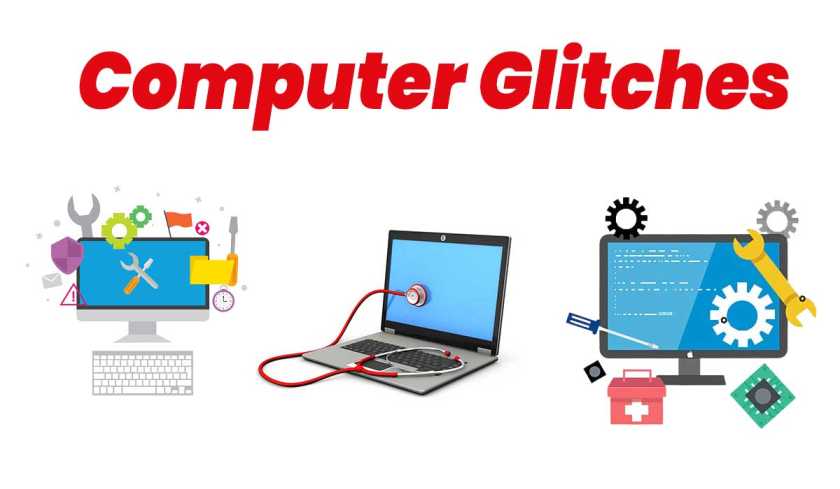







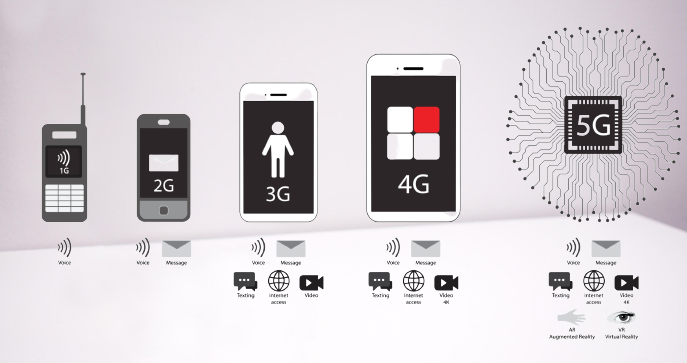
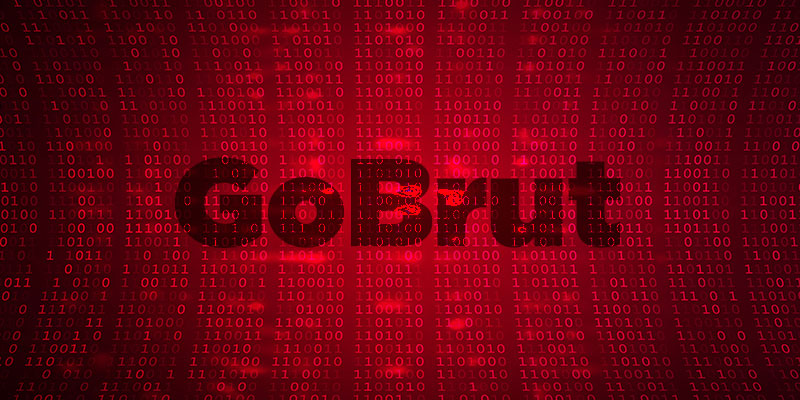

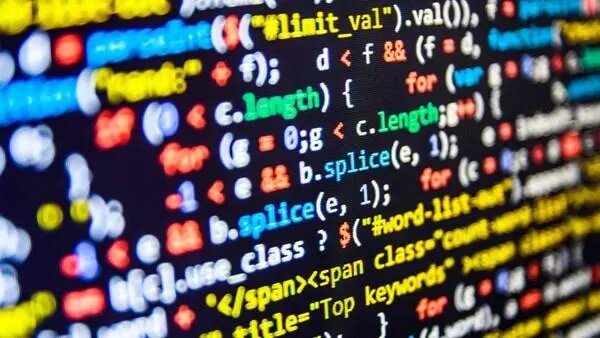
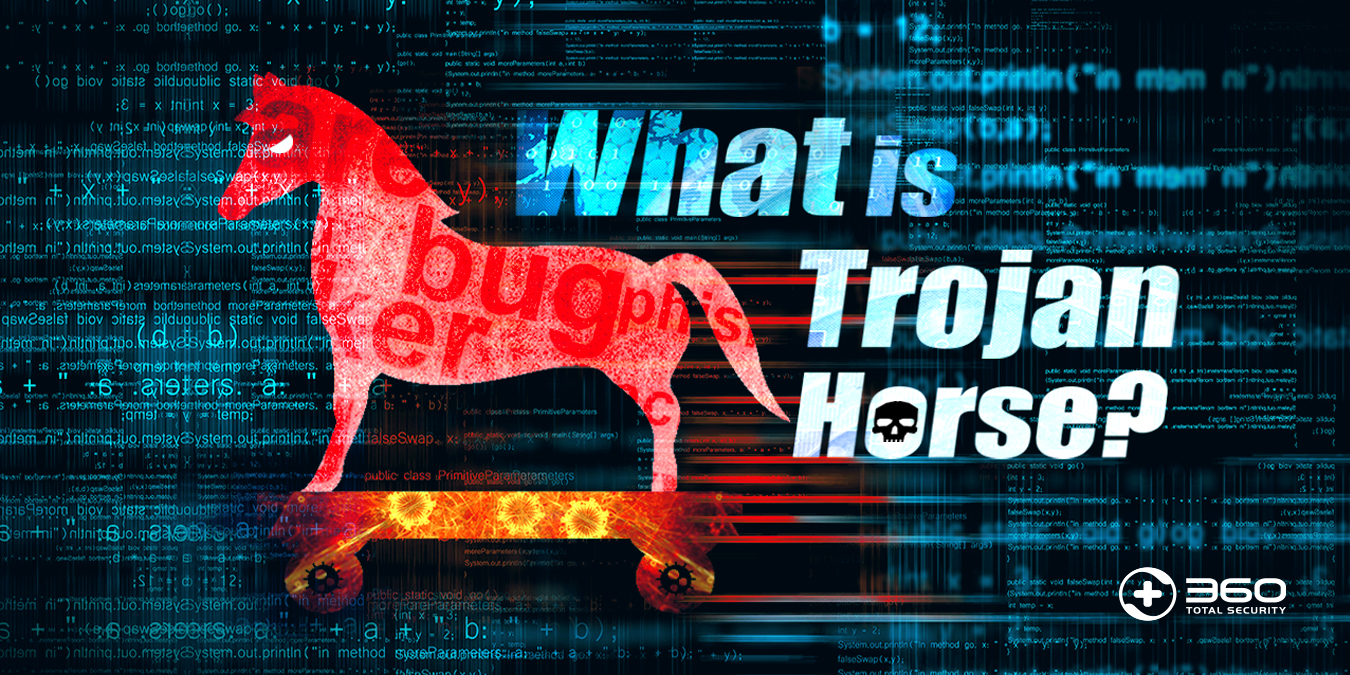
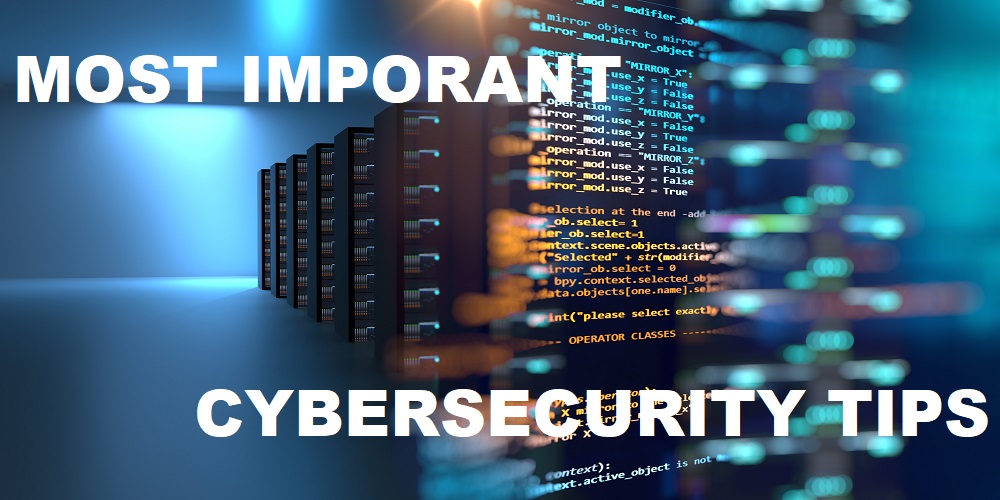

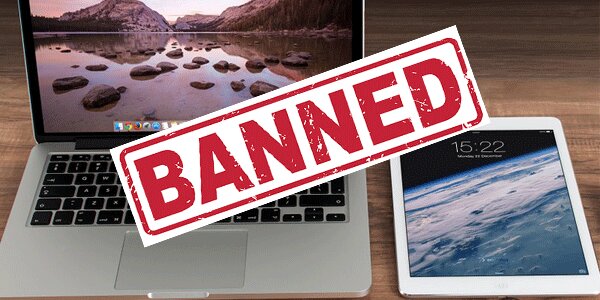
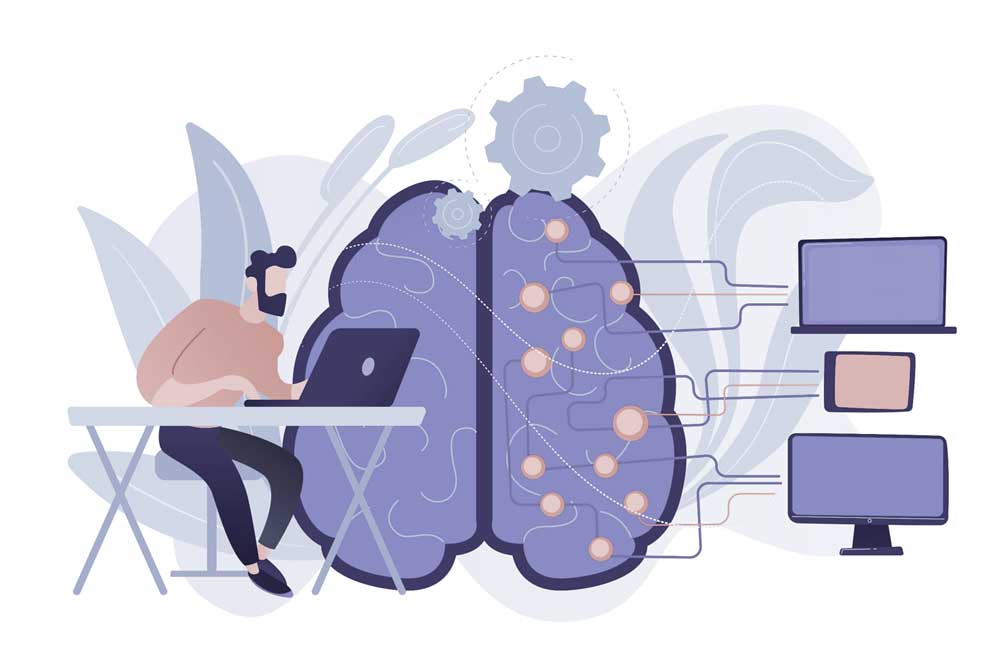

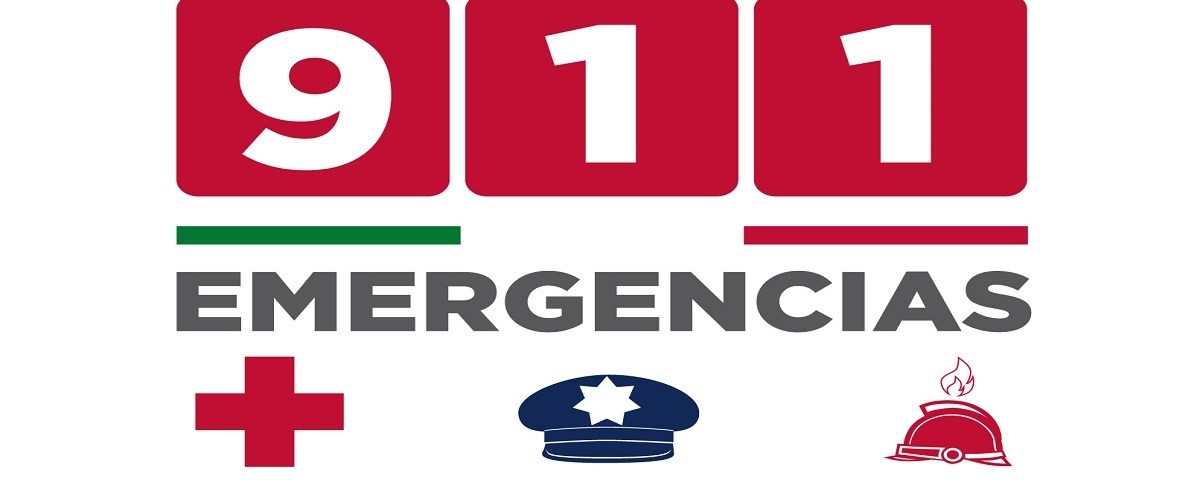
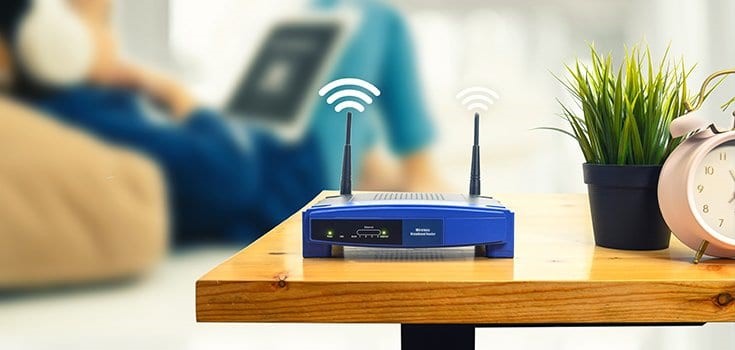

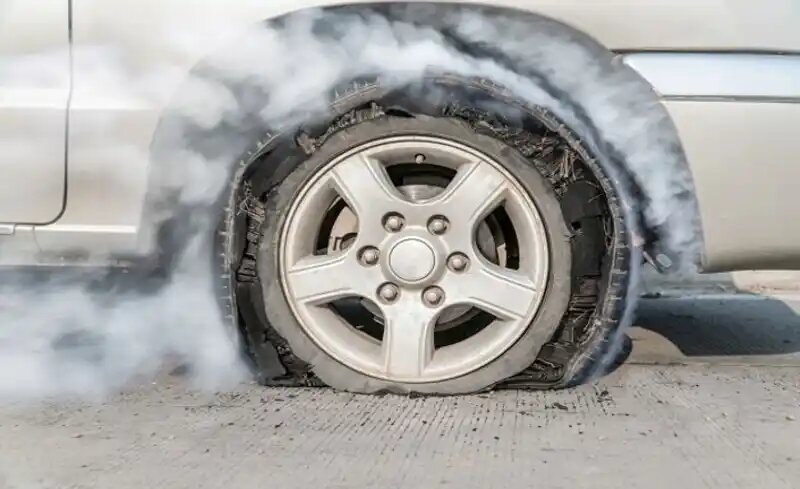

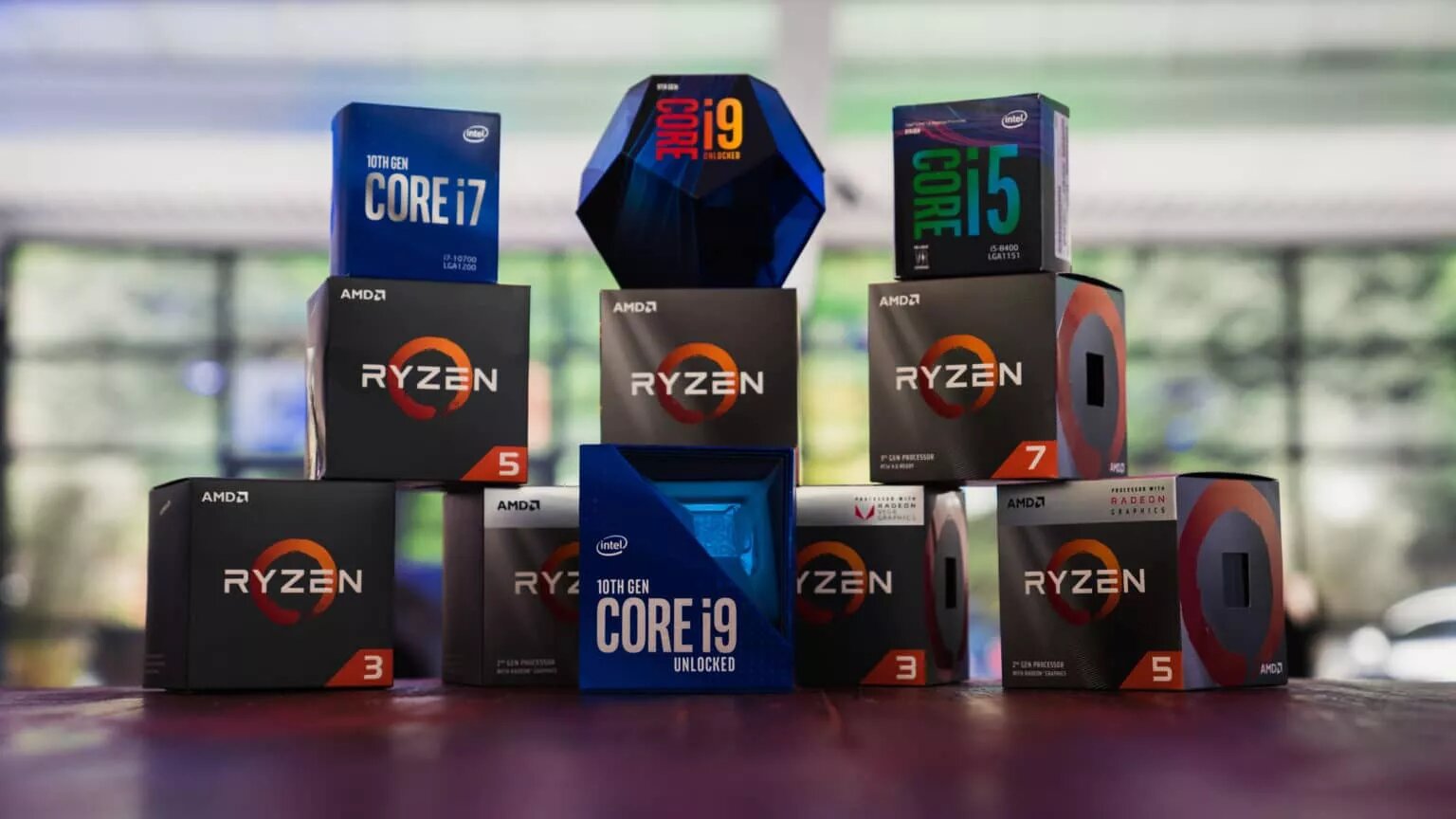
Kinza Rao – Associate Software Engineer